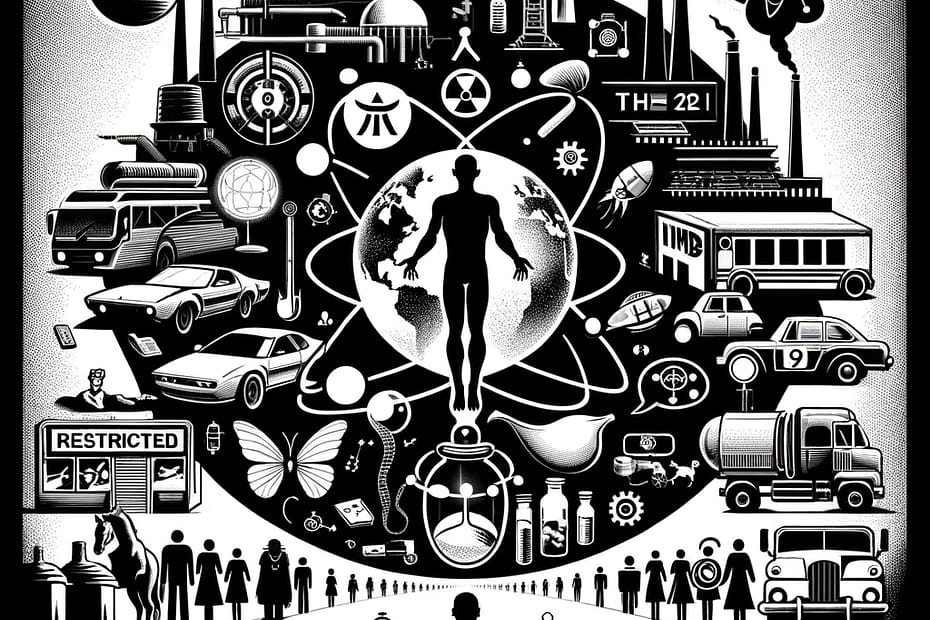In the past, humanity did not possess the means to harm its immediate existence, neither intentionally nor unintentionally.
At the beginning of the 20th century, we discovered the power of the atom. For the first time, we created a tool that could potentially destroy our existence. When the genie was let out of the bottle, by mid-century we desperately tried to regain control, incorporating nuclear arms control into the emerging international order. It even went so far that the imposed restrictions led to the slowdown and even suspension of many works and projects – such as the development of delivering electricity and heat by blocking projects related to nuclear power plants. Additionally, access to this technology was very limited and unavailable to the masses.
Whether we like it or not, humanity has lost the innocence that came with ignorance. We have access to potentially destructive means and we are aware of it. Therefore, we can neither deny nor shirk the responsibility we bear for the impact of our technologies – both intentional and unintentional.
it’s fair to say that our relationship with technology is intricate. Just glance at the headlines about renewable energy or artificial intelligence (AI), or consider issues like pharmaceuticals, automotive technology, consumer electronics, social media, and biotechnology. For each of these technologies, you’ll likely encounter a barrage of opinions – from promises of a new golden age to dire predictions of humanity’s downfall. How can we make sense of this maelstrom of viewpoints and how do we maximize the benefits of these nascent and potentially revolutionary technologies while effectively minimizing the risks associated with them?
Our values should guide our choices regarding technology because they reflect our principles and morals, shaping how we interact with the world. When we align technological decisions with our values, we ensure that the tools and systems we create and use contribute positively to society, reflect ethical considerations, and promote the greater good. It also helps prevent potential negative impacts on individuals and communities, such as privacy violations, discrimination, and other social harms. Considering values in technology leads to sustainable and responsible innovation that respects human dignity and the environment.
